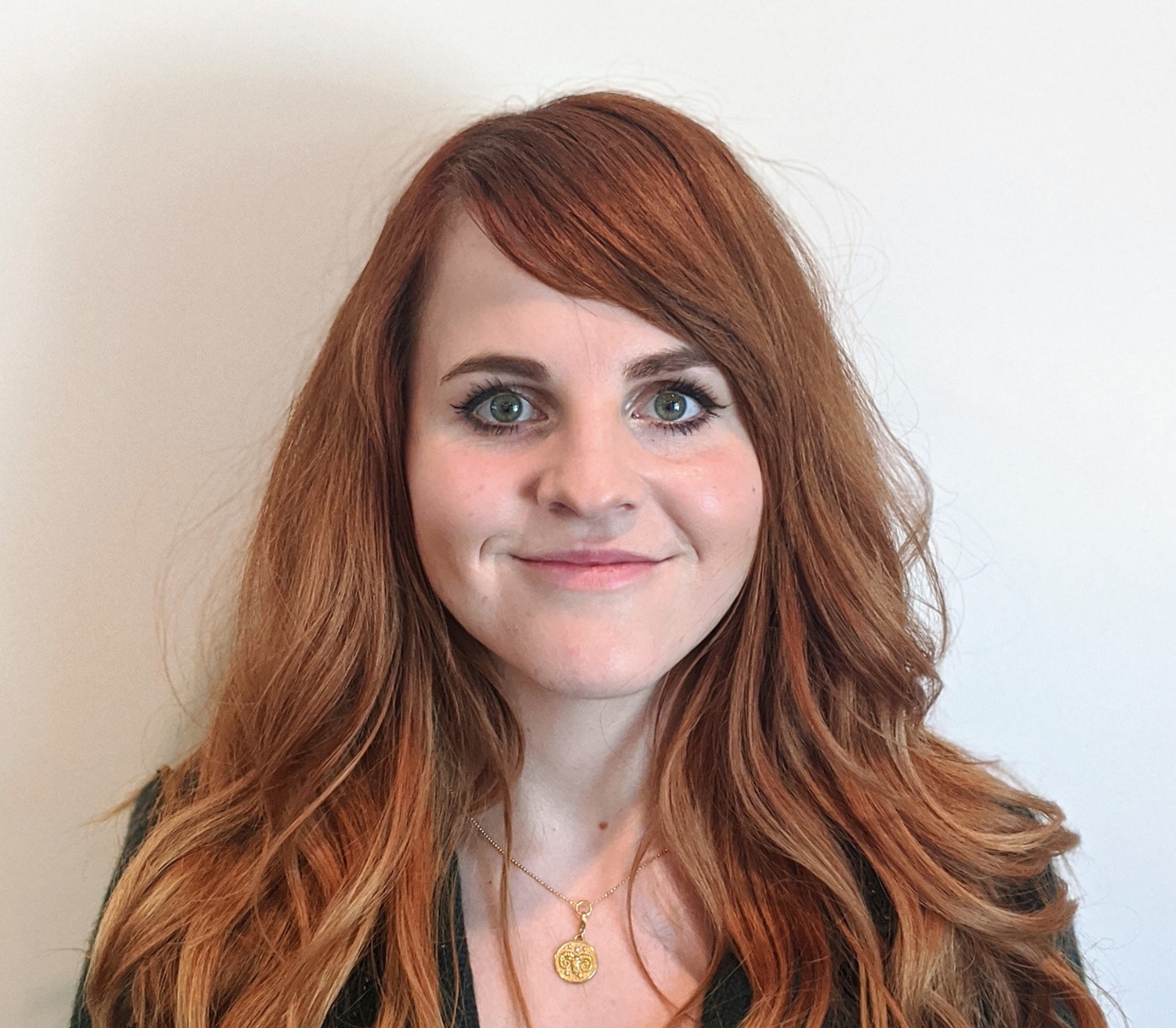Critical care medicine training at the U of A an exceptional experience
Danica Erickson - 7 November 2022

Dr. Brittany Kula
There’s no denying it: Edmonton, Alberta is proud to be considered a northern Canadian city. And for critical care medicine residents, it’s the place to be for a comprehensive and unique training experience. Take it from Adam Romanovsky, program director of critical care medicine (CCM) at the University of Alberta: “This little northern city provides big exposure to the specialty of critical care medicine. The variety of medical illnesses that present here is huge.”
The critical care medicine program at the U of A’s Faculty of Medicine & Dentistry is based out of the University of Alberta Hospital, putting residents directly on the front lines of care in a facility that is home to the largest transplant centre in Western Canada, a dedicated neuro-intensive care unit and a burn-intensive care unit. The program is also a national leader in critical care nephrology and critical care ultrasound.
The program is two years, with the option of an additional year of training in one of five specialty areas. Being a resident in a medical education program connected to a world-class research university means access to exceptional learning opportunities, including unique experiences such as working with medically complex transplant patients. Residents also get to experience community-based medicine at the Royal Alexandra and Grey Nuns hospitals located in Edmonton. “It's rewarding as well, if you want to get experience in a community, too,” says Brittany Kula, a second-year CCM program resident.
In addition to the challenging clinical work, the program’s weekly academic days offer access to learning led by subspecialty-trained physicians in the critical care division. These sessions sometimes also include visits from medical-equipment company representatives, a great chance to become familiar with equipment — such as dialysis machines and ventilators — residents are likely to use while on clinical shifts. The program team also ensures residents are prepared for the realities of working on a critical care unit by having them take part in intense, realistic simulations. “They basically take the most stressful situation you can imagine and you try to work through it,” says Kula. “They don’t make it easy, either. When that kind of situation manifests later in real life, you feel an awful lot more comfortable when you've at least gone through the motions before.”
An environment with such a rich diversity of medical specialties means CCM residents can expect to see a bit of everything in a shift. And because Edmonton is the catchment area for northern Alberta, what residents don’t see in Edmonton could be seen in a facility elsewhere courtesy of the optional transport medicine elective, an opportunity Kula is excited to be taking part in soon. “It's interesting to be able to go somewhere where they're pretty appreciative of you arriving. Maybe you bring some extra skills that they don't have available and then help move their patient out,” she says.
Kula says CCM program leaders are committed to providing high-quality clinical, educational and research opportunities in a supportive environment. “I think having such strong resident advocates in Dr. Romanovsky and others is a strong point of the program as well,” she says, adding, “There are a lot of strong mentors in the group. All of the staff in Edmonton are the best people. They're so welcoming and very diverse as well, so no matter where you're coming from, you can find your person.”
To ensure a well-rounded experience, off-service time is protected and the program provides funding to each resident for educational activities or materials. Kula believes another thing that makes the U of A program stand out from others is the number of residents. “We're not climbing over one another to get learning opportunities, but there are just enough of us that we're not exhausted,” she explains.
Kula acknowledges the transition from medical school to residency is busy and can be overwhelming, but the supportive and welcoming team helped ease that transition. “I never felt as part of the team or welcome among the attending staff as I did when I suddenly became a critical care fellow overnight,” she says.
“The breadth of the patients and everything we see is really unique,” Kula adds. “And there are so many of us that you can take advantage of all those excellent learning opportunities. I'm sure it's one of the best programs in the country. I think it prepares you to practise anywhere.”